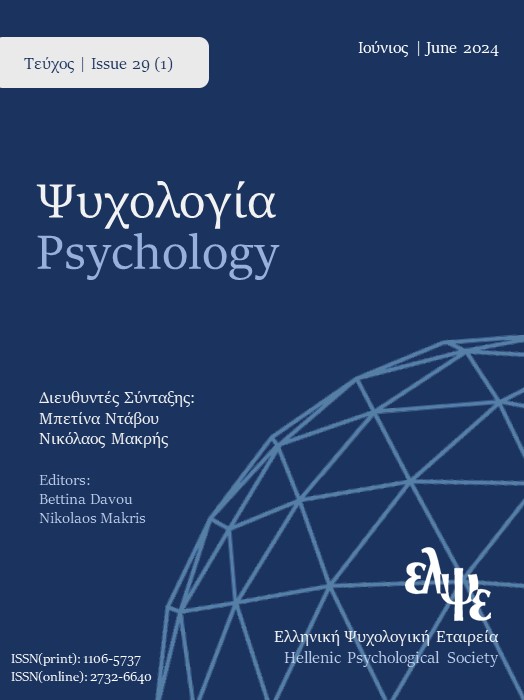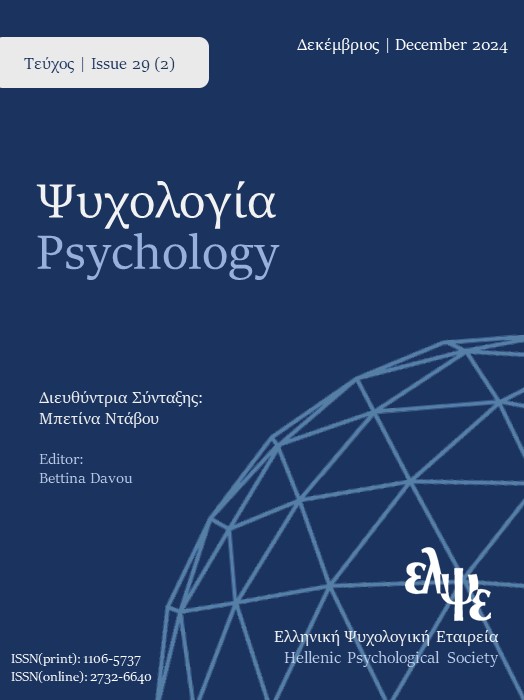Depictions of “mental illness” in Greek criminal court rulings: Α discourse analysis

Abstract
The present study investigates the constructions of people diagnosed with “mental illness” in Greek criminal court rulings. A Foucauldian discourse analysis approach was applied to criminal court rulings published from 2009 to 2018 to identify dominant discursive resources used to construct “mental illness”, as well as the functions performed by judicial discourse through the specific depictions of perpetrators and their crimes. Two main constructs emerged from the analysis. When constructing the unimputable “dangerous mental patient”, an intersection of biomedical and dangerousness discourses depicts the person as unpredictable, incapable of self-awareness, self-determination, and moral judgment. In the imputable “criminal personality” construction, the impact of “mental illness” on the committed crimes is relativized, since the criminal act is attributed to psychological characteristics of the individual, who is portrayed as deliberately violating the rules of socially acceptable behavior despite being capable of rational thinking and moral reasoning. The central issues that emerged include the pre-constructed categorization of the perpetrators into imputable or non-imputable, according to the determined degree of moral agency, and the selective utilization of biomedical discourse by the court, whereby it evaluates psychiatric expertise sometimes as objective evidence and others as unreliable opinion.
Article Details
- How to Cite
-
Mousourouli, E., Neztekidou, D., & Georgaca, E. (2024). Depictions of “mental illness” in Greek criminal court rulings: Α discourse analysis. Psychology: The Journal of the Hellenic Psychological Society, 29(1), 82–99. https://doi.org/10.12681/psy_hps.33157
- Section
- RESEARCH PAPERS

This work is licensed under a Creative Commons Attribution-ShareAlike 4.0 International License.
The journal PSYCHOLOGY adopts a Platinum open-access policy. Submission, processing or publication costs are waived by the Hellenic Psychological Society. Papers published in the journal PSYCHOLOGY are licensed under a 'Creative Commons Attribution-ShareAlike 4.0 International' licence. The authors reserve the copyright of their work and grant the journal the right of its first publication. Third-party licensees are allowed to use the published paper immediately after publication as they wish, provided they retain the defined by the license copyright formalities, regarding the reference to its author(s) and its initial publication in the journal PSYCHOLOGY. Moreover, any adjusted work should be shared under the same reuse rights, so with the same CC license.



